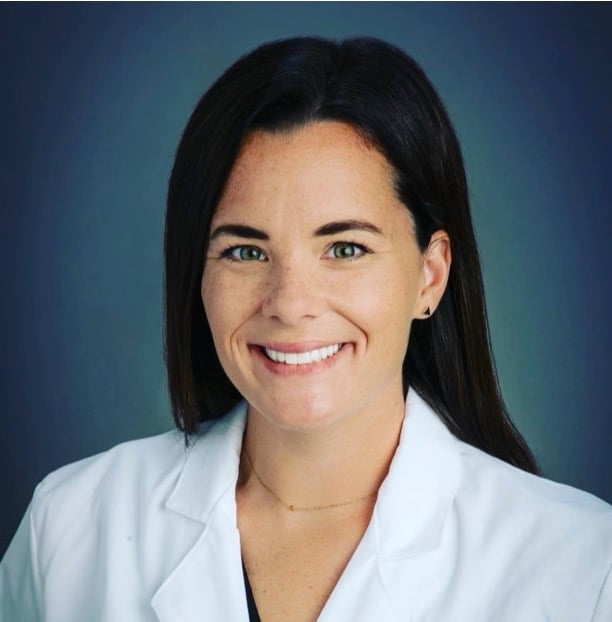In Their Prime: The Geriatrics Audio Course Every Clinician Needs
The population is aging fast, and clinicians are feeling the impact. By 2030, 1 in 5 Americans will be over 65, and older adults already represent the highest healthcare utilization of any age group. Yet fewer than 45% of medical schools have a required geriatrics rotation, leaving most of us to piece together our knowledge on the fly.
Read more







